9 women who made a significant impact in ICT today
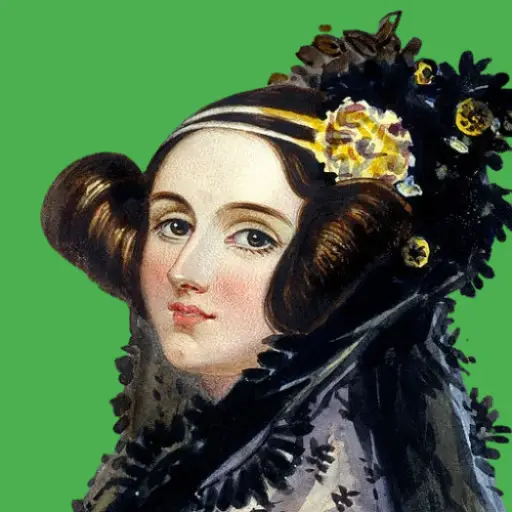
Ada Lovelace
“That brain of mine is something more than merely mortal; as time will show.”
Attribution:
Alfred Edward Chalon, Public domain, via Wikimedia Commons
Ada Lovelace
Ada Lovelace was a 19th-century mathematician and writer, often regarded as the first computer programmer. She worked with Charles Babbage on the Analytical Engine, creating the first algorithm intended for a machine. Her visionary ideas about computing anticipated modern computers. Lovelace's legacy continues to inspire women in STEM and the field of computing.
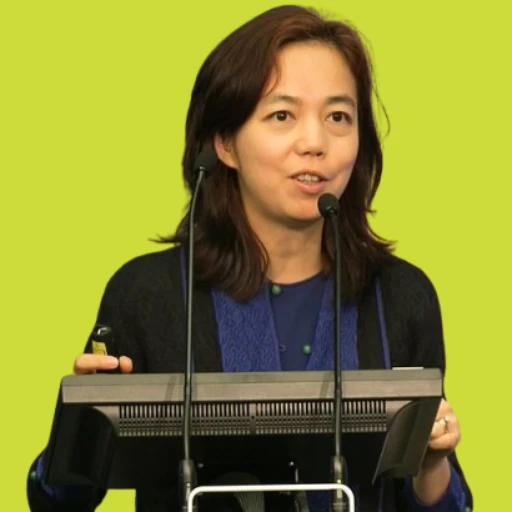
Dr Fei-Fei Li
"I imagine a world in which AI is going to make us work more productively, live longer, and have cleaner energy."
Attribution:
ITU Pictures, CC BY 2.0 creative commons , via Wikimedia Commons
Dr Fei-Fei Li
Dr. Fei-Fei Li is a leading AI researcher, best known for creating ImageNet, which revolutionised deep learning. A strong advocate for ethical AI, she co-founded AI4ALL to promote diversity in technology. In 2024, she launched World Labs, focusing on AI for AR/VR and robotics. Through her innovations and advocacy, she continues to shape AI's future for the benefit of humanity.

Parisa Tabriz
"I thought Information Security Engineer sounded so boring. Guys in the industry all take it so seriously, so security princess felt suitably whimsical."
Attribution:
ITU Pictures, CC BY 2.0 creative commons , via Wikimedia Commons
Parisa Tabriz
Parisa Tabriz, known as Google’s "Security Princess", is a leading cybersecurity expert. She has played a key role in making Google Chrome one of the most secure browsers. Passionate about online safety, she develops cutting-edge security protocols while advocating for user privacy. A strong supporter of diversity in tech, she inspires young women to pursue careers in cybersecurity and technology.

Katie Bouman
"No one of us could've done it alone, it came together because of lots of different people from many backgrounds."
Attribution:
This file has been identified as being free of known restrictions under copyright law, including all related and neighboring rights.
Katie Bouman
Katie Bouman is a computer scientist known for developing the algorithm that captured the first-ever black hole image in 2019. As an MIT PhD candidate, she led data processing for the Event Horizon Telescope. Her work revolutionised astrophysics and showcased the potential of women in STEM, inspiring future generations in science and technology.
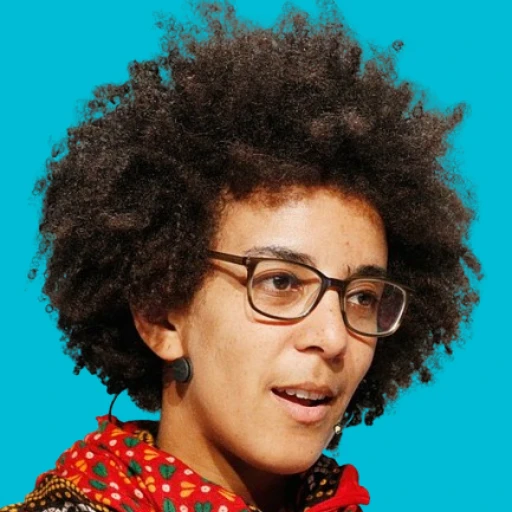
Timnit Gebru
"AI is not magic, it's not some sort of entity that has its own agency, it's an artifact built by people."
Attribution:
Source flickr.com
Timnit Gebru
Timnit Gebru is an Ethiopian-American computer scientist and a leading advocate for AI ethics and diversity. She co-authored a key paper on bias in AI, exposing how algorithms can reinforce racial and gender inequalities. A former Google AI ethics researcher, she co-founded Black in AI to boost representation. Her advocacy drives inclusive, ethical AI development.
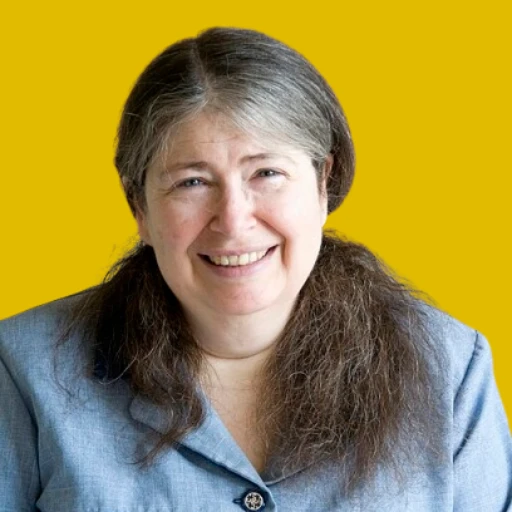
Radia Perlman
“I Try to design things that someone like myself would like to use which is that it just works, and you don't have to think about it at all”
Attribution:
ITU Pictures, CC BY 2.0 creative commons , via Wikimedia Commons
Radia Perlman
Radia Perlman is a renowned computer scientist, known as the "Mother of the Internet" for her groundbreaking work in networking. She invented the Spanning Tree Protocol (STP), ensuring reliable Ethernet networks. Her contributions to network security and distributed systems have shaped modern internet communications. A mentor and advocate for women in tech, she continues to inspire future generations.
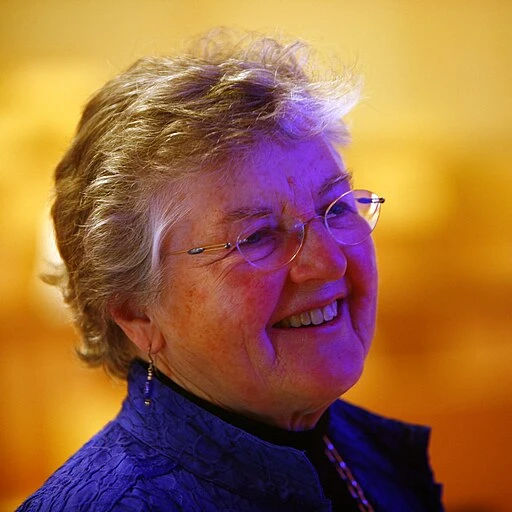
Frances Allen
"You need to hire and develop great people. You need to set the vision and trust them to do the right thing. You need to let go of control. That's wonderful for all involved because you're empowering and trusting your people to do what's right for the brand"
Attribution:
Rama, CC BY-SA 2.0 FR creative commons , via Wikimedia Commons
Frances Allen
Frances Allen was a pioneering American computer scientist and the first woman to win the Turing Award. She made significant contributions to compiler optimization, improving code efficiency and enabling faster program execution. Allen worked at IBM for over 40 years, advancing high-performance and parallel computing. Her legacy continues to inspire future generations of computer scientists, especially women in tech.
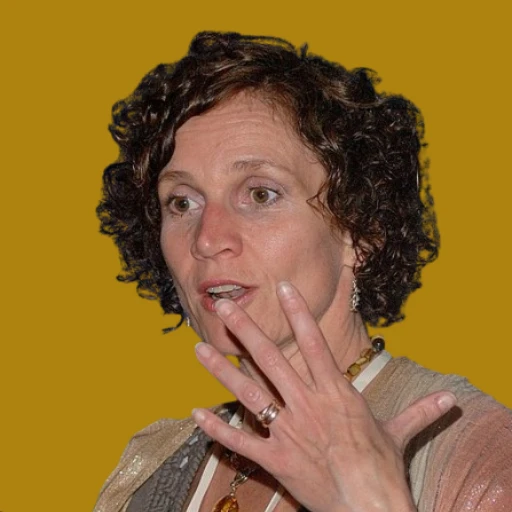
Barbara Liskov
"No one of us could've done it alone, it came together because of lots of different people from many backgrounds."
Attribution:
Dennis Hamilton from Seattle, Washington, USA, CC BY 2.0 via Wikimedia Commons
Barbara Liskov
Barbara Liskov is a renowned American computer scientist, best known for developing the Liskov Substitution Principle (LSP), a key concept in object-oriented programming. Her work also includes significant contributions to CLU programming language design. A professor at MIT, she was awarded the Turing Award in 2008 for her contributions to programming languages and software engineering, shaping modern software design principles.

Rana el Kaliouby
"I do believe that if we have information about your emotional experiences, we can help you be in a more positive mood and influence your wellness."
Attribution:
Source flickr.com
Rana el Kaliouby
Rana el Kaliouby is a pioneering AI researcher and entrepreneur, known for her work in emotional AI. She co-founded Affectiva, which develops emotion recognition technology to analyse facial expressions, voice, and physiological responses. El Kaliouby's work enhances human-computer interactions across various industries. A strong advocate for diversity in tech, she continues to inspire as a leader in AI and STEM.
